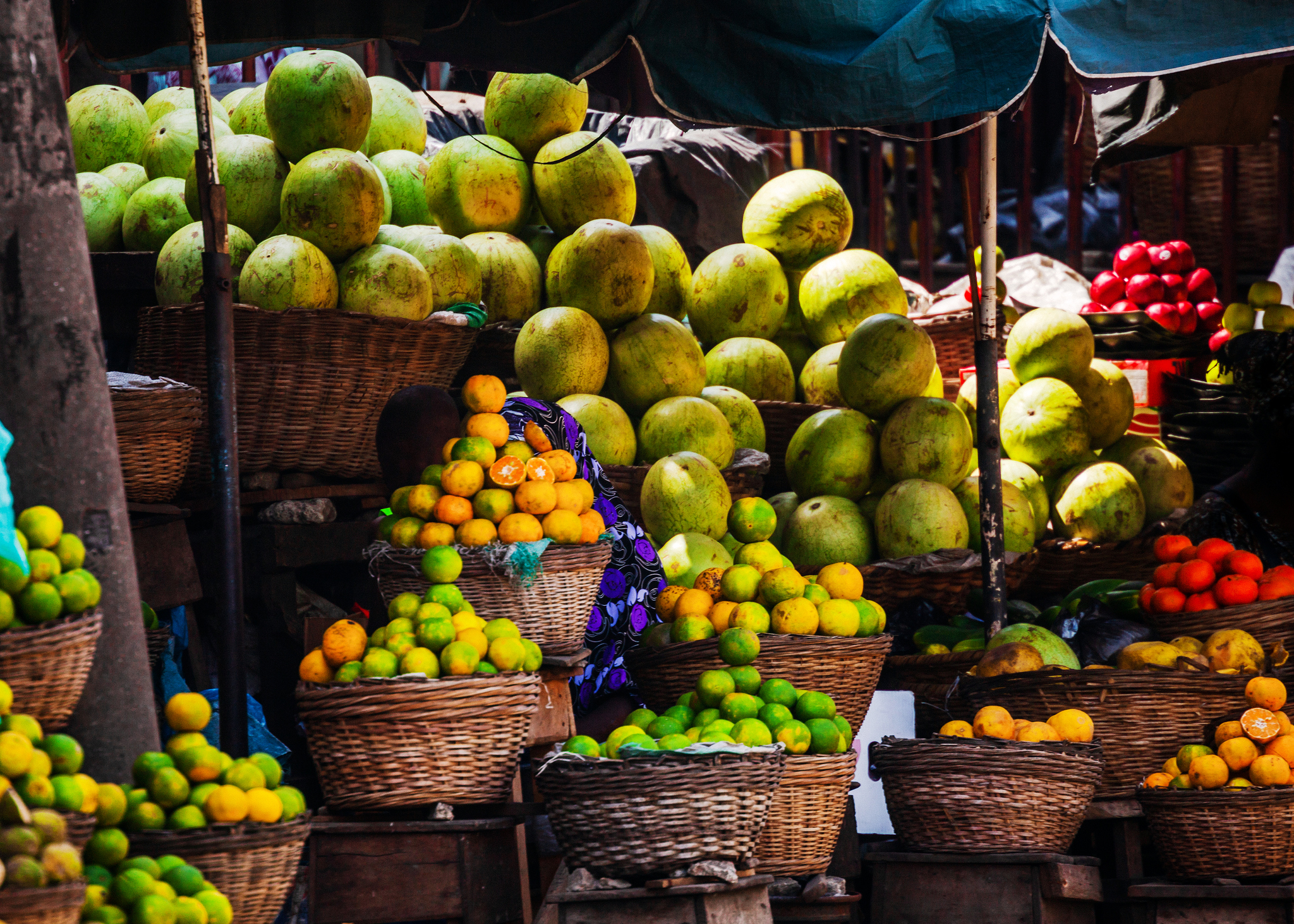Approved Policy Opens Opportunity for Agribusiness Transformation in Delta State
Agriculture is the mainstay of Nigeria’s rural economy, but the sector still faces a myriad of challenges. The sector struggles with a lack of proper legislation and a weak, enabling environment for agribusinesses, limited access to appropriate financing options, poor commodity value chain networks, and the natural resource consequences of industrial activities, particularly in the oil-rich Niger Delta. These obstacles have persisted even in the wake of decades of government and donor-funded agricultural development initiatives.
To provide a sustainable solution to these persistent challenges and diversify the economy away from its reliance on extractive industry the USAID-funded Feed the Future Nigeria Agribusiness Investment Activity, implemented by Cultivating New Frontiers in Agriculture (CNFA), together with the Nigeria Agricultural Policy Project (NAPP), supported the Delta State Government to develop this new Agricultural Policy.
The State Executive Council (SEC) approved the Delta State Agricultural Policy on January 29, 2021. The Activity provided technical support through the entire process of policy design, convened inclusive stakeholder engagements, and facilitated its approval by the SEC through the Delta State Ministry of Agriculture and Natural Resources. The new Delta State Agricultural Policy will support agricultural productivity, improve agribusiness performance, and raise the enterprise value of the agricultural sector by developing commodity value chains, and improving access to quality inputs, finance and investments, storage facilities, and new markets.
“With the approval of this Policy, we believe that Delta State has now moved a step closer to its food quality, safety, and security goals by creating a platform on which to build mutual understanding and trust between agribusinesses, financial institutions, and government entities,” said Dominic Graham, the Activity’s managing director and chief of party.
“The Activity will continue to support the Nigerian Government; micro, small, and medium enterprises; producer groups; aggregators; processors; and other service providers in our focal agribusiness value chains as they operate in a more conducive regulatory, finance, and investment climate,” he said.





